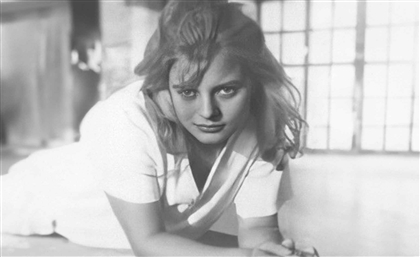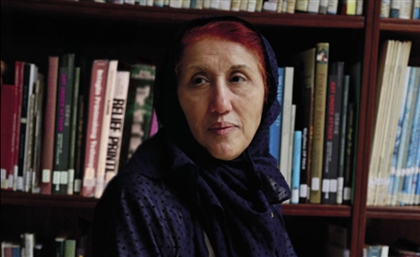Artefacts Dating Back 2,000 Years Have Been Found in Tell Abraq
These discoveries, including 2,000 year-old coins and religious artefacts, tell a larger story about the UAE’s history.

New archaeological discoveries shed light on the rich history of Umm Al Quwain. Experts have unearthed imitation Roman gold coins, as well as various religious objects, at the ancient Tell Abraq archaeology site.
The imitation coins are of particular interest to archaeologists, as they are the first such coins to be found during a regular dig site in the coastal UAE, and represent the wide trade networks that existed around the gulf. Authentic Roman coins were minted in Lyon, France, and were circulated throughout the Roman empire and trade network in countries as far from the Roman capital as India. At the same time these authentic coins were made, counterfeiters created their own, meaning that the copies of these coins, such as the artefacts uncovered at Tell Abraq, have their own historical significance.
The recently found coins, estimated to be about 2,000 years old, are thought to be counterfeits because their rendering of the Roman Emperor is poor, and the script on the coin is illegible. It is not clear if these coins were manufactured locally or in India, but they are part of a larger pattern of globalisation that occurred alongside a surge of interconnected trade across the Indian Ocean that took place 2,000 years ago.
Also found at the site were what is thought to be a pre-Islamic shrine, an open-air altar, and a stone slab covered in Aramaic inscriptions.These inscriptions are currently being studied, but it is thought that the open-air altar could have been used by pilgrims travelling through the area. These discoveries fit with items previously found in the area, including bronze and clay figurines, which are now thought to have possibly been offerings.
- Previous Article Egyptian Actor Ahmed Malek Joins Global Stars in Cartier Campaign
- Next Article Travel Across History on Egypt's Most Iconic Bridges
Related Articles
Trending This Week
SceneNow TV
Events Calendar




















